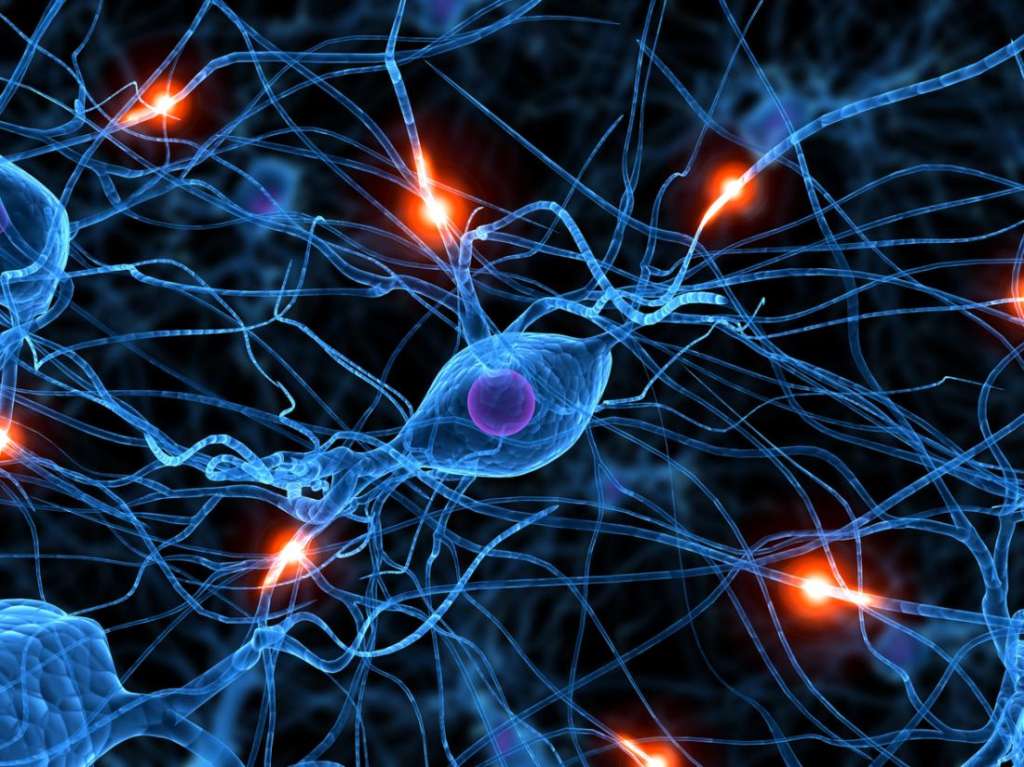London- Scientists have successfully used “reprogrammed” stem cells to restore functioning brain cells in monkeys, raising hopes the technique could be used in future to help patients with Parkinson’s disease.
Since Parkinson’s is caused by a lack of dopamine made by brain cells, researchers have long hoped to use stem cells to restore normal production of the neurotransmitter chemical.
Now, for the first time, Japanese researchers have shown that human induced pluripotent stem cells (iPS) can be administered safely and effectively to treat primates with symptoms of the debilitating disease.
So-called iPS cells are made by removing mature cells from an individual—often from the skin—and reprogramming them to behave like embryonic stem cells. They can then be coaxed into dopamine-producing brain cells.
The scientists from Kyoto University, a world-leader in iPS technology, said their experiment indicated that this approach could potentially be used for the clinical treatment of human patients with Parkinson’s.
In addition to boosting dopamine production, the tests showed improved movement in affected monkeys and no tumors in their brains for at least two years.
The human iPS cells used in the experiment worked whether they came from healthy individuals or Parkinson’s disease patients, the Japanese team reported in the journal Nature on Wednesday.
“This is extremely promising research demonstrating that a safe and highly effective cell therapy for Parkinson’s can be produced in the lab,” said Tilo Kunath of the MRC Centre for Regenerative Medicine, University of Edinburgh, who was not involved in the research.
The next step will be to test the treatment in a first-in-human clinical trial, which Jun Takahashi of Kyoto University told Reuters he hoped to start by the end of 2018.
Any widespread use of the new therapy is still many years away, but the research has significantly reduced previous uncertainties about iPS-derived cell grafts.
The fact that this research uses iPS cells rather human embryonic stem cells means the treatment would be acceptable in countries such as Ireland and much of Latin America, where embryonic cells are banned.
Excitement about the promise of stem cells has led to hundreds of medical centers springing up around the world claiming to be able to repair damaged tissue in conditions such as multiple sclerosis and Parkinson’s.
